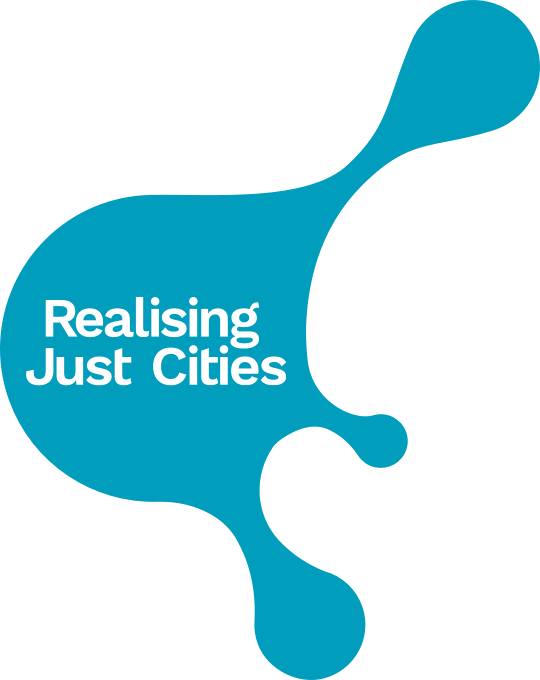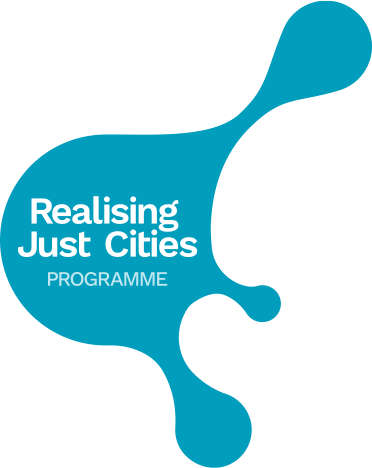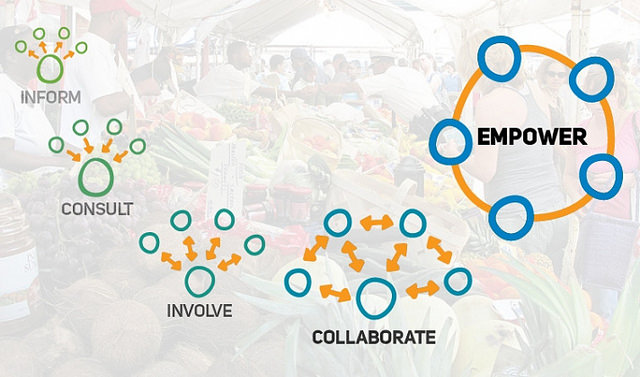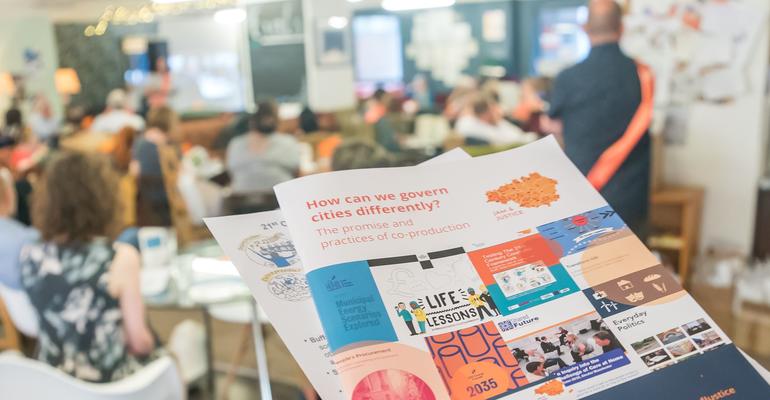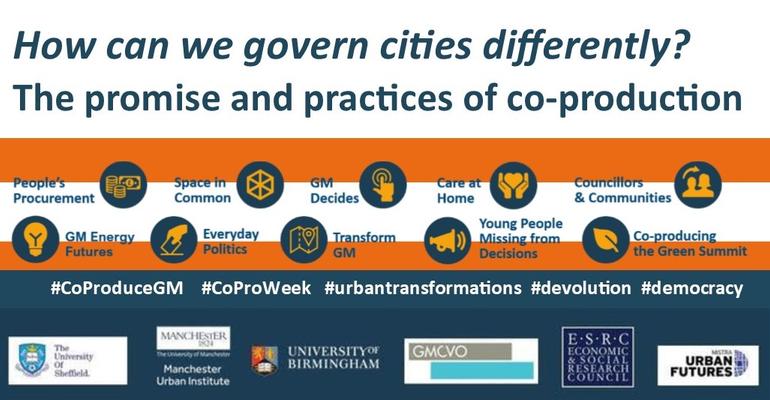Decidim: A Digital Participation Platform for Greater Manchester?
Building on our ongoing Developing Coproductive Capacities research with the Greater Manchester Combined Authority (GMCA), we invited Arnau Monterde – a supervisor of Barcelona’s Decidim platform – to share Barcelona’s experience in integrating digital platforms as part of a wider transformation of the democratic process.
